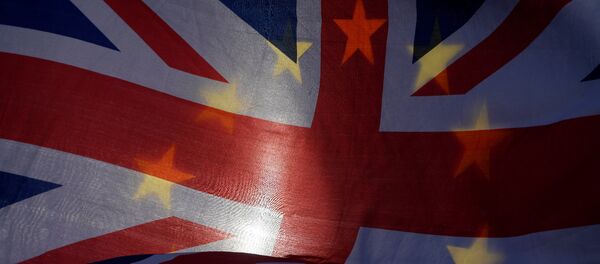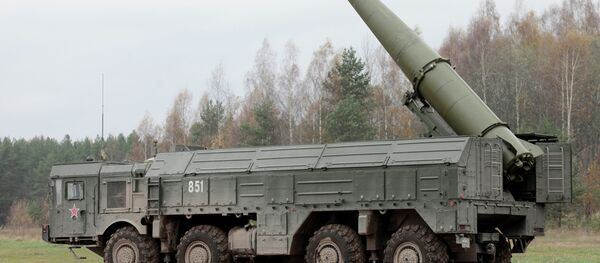The Munich Security Report 2018, titled 'To the Brink – and Back?', was published Thursday, kicking off this Year's Munich Security Conference, an annual conference bringing together hundreds of officials, statesmen and experts to discuss global security policy. Radio Sputnik discussed the report with Dr. Janning, a leading German political scientist and the head of the European Council on Foreign Relations' Berlin Office.
Sputnik: What are your thoughts on this year's report, and the level of uncertainty it has forecast?
Josef Janning: Even though it speaks primarily from a European perspective, the report is correct in pointing out that insecurity, and the risks of conflicts escalating has grown, and that this is a serious concern not just for European security, but for international security as such.
Josef Janning: The US has shifted its mode of defining security. It used to be the case – and this comes from the rich Cold War experience of 'mutually assured destruction' – [that] security [was understood] as a mutual goal – as a mutual good between rivals or adversarial partners, because one side could only be secure if the other felt sufficiently secure.
Now, the strategic doctrine of the United States is security through strength, and that is more a pursuit of self-interest than a pursuit of mutual interest, and that's going to change the way in which security is spelled out and conceived throughout the world. It's not going to be primarily defined through security regimes based on agreements.
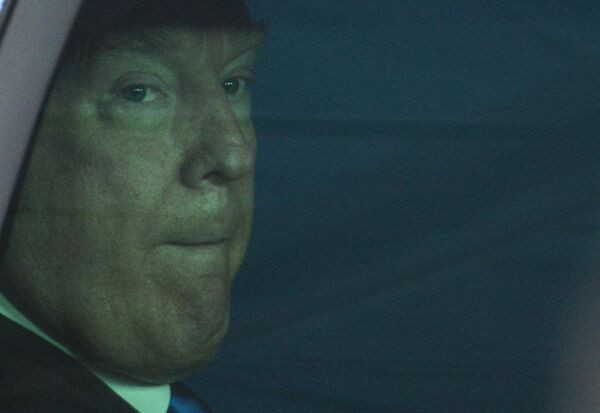
Sputnik: Prior to this report, many surveys have indicated that the US was losing its position as a world leader. How can this impact international relations? Who can replace the US?
Josef Janning: In my view, there is definitely going to be a change, although I have difficulty seeing another country simply replacing the United States in this role. In my view, we will actually move into…a multipolar world that has been talked about for a few decades now. In this, a couple of countries, the United States and China certainly at the top of them, will [compete to promote] their interests, access, their preferences in managing international affairs. So it's not just going to be one actor replacing another, but a paradigm change into a different system.
Josef Janning: Indeed, if you look at some of the actions, the departure of US foreign policy from what we in international relations call 'international regimes' – that is, formal and informal structures to govern the relationship between countries and the way in which they pursue their interests – that departure has been quite hefty, quite sharp.
And indeed, it looks like the US is disrupting or dismantling the order that it helped to create. When you look at the climate change agreement, when you look at the ultimatum [US President Donald] Trump has issued on the deal with Iran, and some other remarks the American president has made, indeed it is clear that the United States is no longer interested in investing into the order that has been created. Instead, it relies on transactional relations, and its ability to secure its own interests through strength.
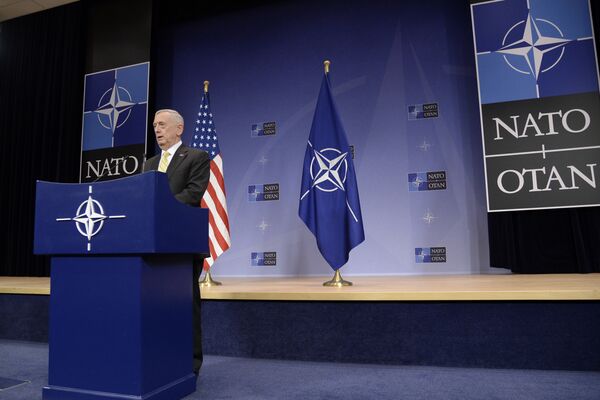
Sputnik: The report also notes that European countries need to provide for their own security, and warns of a so-called 'digitalization gap' in the EU. Can the bloc secure itself? We're aware that the EU has been initiating this European Union Army that's supposed to be coming online in the next two-three years. What are your thoughts with regard to Europe now having to redefine itself and create its own army?
Josef Janning: I believe that Europe's principle problem is not its technology gap. [Although there] is one, and it means that the level of connectedness and interoperability is critically low.
Europe's genuine and true problem is the fact that it is divided into so many fairly small national units, a fact which decades of cooperation in the NATO framework has not sufficiently addressed. So far, security cooperation and defense cooperation under the auspices of the EU hasn't done that [either]. In light of the changing situation, Europe should conceive ways to merge its security efforts, and create a common defense. This will probably not be the European Army which people have been talking about, but will have to be built in a step-by-state process, beginning with member states actually joining their forces. And when they then invest into equipment and technology, the effect will be much greater than simply upgrading what is in defense technological terms a rather scattered and small-scale set.
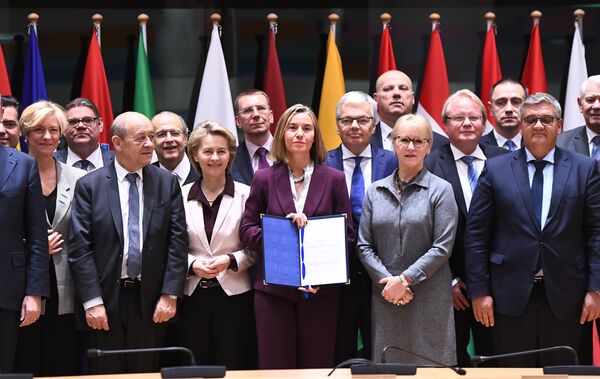
The views and opinions expressed by Dr. Josef Janning are those of the expert speaker and do not necessarily reflect those of Sputnik.

